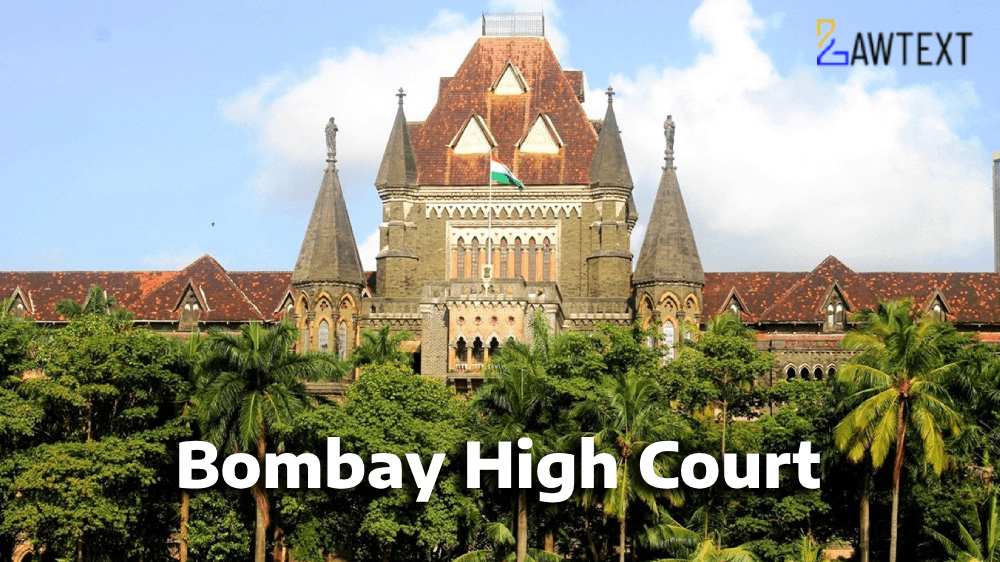

The Bombay High Court addressed the wrongful discharge of accused trustees by the Chief Judicial Magistrate (CJM) and the Additional Sessions Judge in a case involving alleged misappropriation of donations by office bearers of the Mahatma Bashweshwar Education Society. The court emphasized that, in discharge proceedings, only material presented by the prosecution in the chargesheet should be considered. The High Court overturned the discharge, reinstating the charges for trial.
1. Case Background
The petitioner, Abhimanyu Rasure, accused the respondents (trustees of the Mahatma Bashweshwar Education Society) of accepting donations for student admissions between 1983 and 1992 but failing to record or deposit these amounts in the institution's accounts. This allegedly amounted to forgery and misappropriation.
2. Allegations and Charges
Respondents were charged under Sections 420, 468, and 471 of the Indian Penal Code (IPC), along with Sections 3, 4, and 5 of the Maharashtra Educational Institutions (Prohibition of Capitation Fee) Act, 1987, for cheating, forgery, and unlawfully charging fees.
3. Discharge by Lower Courts
The CJM discharged the respondents, a decision upheld by the Additional Sessions Judge, citing insufficient grounds based on the respondents' evidence. Both courts accepted evidence that was not part of the prosecution's report, which was a significant point of contention.
4. Petitioner's Argument
The petitioner argued that both lower courts erred by considering documents submitted by the accused rather than solely the prosecution's evidence under Section 173 Cr.P.C. He contended that material recovered from the accused provided sufficient grounds to frame charges.
5. Respondents’ Defense
The respondents claimed they did not hold relevant positions during the alleged period and that there was no concrete evidence linking them to the donations. They contended the allegations lacked specificity and did not constitute forgery or cheating.
Sections of IPC:
Maharashtra Educational Institutions (Prohibition of Capitation Fee) Act, 1987:
Code of Criminal Procedure (Cr.P.C.):
The Bombay High Court held that during discharge proceedings under Section 239 Cr.P.C., only the prosecution's material should be considered to decide whether a prima facie case exists. Documents submitted by the accused cannot be evaluated to conclude the groundlessness of charges. The judgment reinforced that a Magistrate should assess charges based on the face value of the prosecution's evidence and not delve into evidentiary weight or defenses of the accused at this preliminary stage.
Criminal Procedure, Discharge Proceedings, Misappropriation
Criminal Law, Forgery, Education Society, Capitation Fee Act, Judicial Review
Citation: 2024 LawText (BOM) (10) 182
Case Number: CRIMINAL WRIT PETITION NO.165 OF 2016
Date of Decision: 2024-10-18
Case Title: Abhimanyu s/o. Virbhadra Rasure Versus The State of Maharashtra & Ors.
Before Judge: S. G. MEHARE, J.
Advocate(s): Mr. V. D. Gunale, Advocate for Petitioner/complainant; Mr. S. P. Sonpawale, A.P.P. for Respondent No.1/State; Mr. S. V. Natu, Advocate for Respondents No.2, 3 and 6/accused; Mr. T. G. Gaikwad, Advocate for Respondent No.5
Appellant: Abhimanyu s/o. Virbhadra Rasure
Respondent: The State of Maharashtra & Ors.